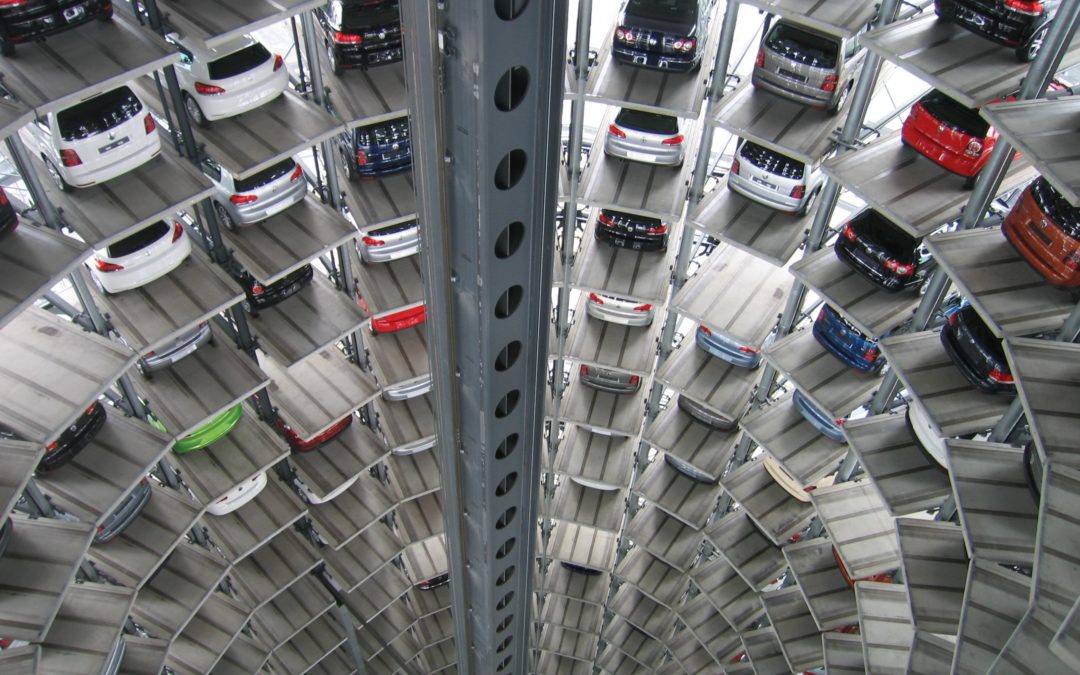Does your stress level go up every time you get into your vehicle because you are not sure what problem will arise next? If so, then it may be time to replace your current vehicle for a stress-free new or slightly used vehicle. However, making a purchase decision today comes with a few downsides as well. Last month, the US Bureau of Labor Statistics reported that used vehicle prices have gone up about 41% since 2021, and it now costs almost 13% to purchase a new vehicle over last year (Source: US Bureau of Labor Statistics). Costs are way up and of course, don’t forget that used and new vehicle inventory is at an all-time low!
Given some of these challenging circumstances, perhaps keeping your vehicle a little longer is a better approach? In this month’s blog, we highlight a few ways to look at both options to help you make a better decision that will be kind to your pocketbook and keep your blood pressure at normal levels.
Repair or Replace?
So, how should you go about deciding to repair or replace?
Let’s start first with your current vehicle. If you have not had your vehicle inspected, it is a good starting point to have it looked over by a service professional, like our technicians at Campus Repair. We can take the time to consider your vehicle’s history and inspect all the major systems. That will help us to advise you of any costly repairs or possibly problems on the horizon.
Once you know the current health of your vehicle, this information provides you with a more objective perspective to determine if the costs of keeping the vehicle outweigh any replacement costs or vice versa.
The cost of repairs become a detriment to vehicle owners when they are incrementally high over a longer period. If your transmission repairs are $3,000, then closely followed with exhaust issues for $1500 and then a brake job for $850, all of that adds up. Unfortunately, we cannot predict the future, and that includes our vehicle’s health. But if you have properly maintained your vehicle through your ownership, then one major repair may be the only problem you deal with over the next few years. Keep in mind that at some point, your vehicle’s major systems will need either partial or full repairs if they were not well-maintained. Every vehicle has a shelf-life.
Making a Purchase
If you have objectively examined your current vehicle situation and made the decision to purchase, keep in mind that there are many costs that also go along with this option.
Besides the higher prices for new and used vehicles, keep in mind that your insurance premium may increase with a new vehicle. Additionally, you may be paying higher taxes and fees on a purchase. On the plus side of a new purchase, you will most likely have a vehicle repair warranty, which will help in the end by keeping repair costs down. Depending on some vehicle manufacturers, you may also be required to use higher octane fuel in a new vehicle, which will also cost more to put gas in the tank.
If your plans for a purchase include a used car, it is advisable to have it inspected by an independent and objective mechanic. He or she can help you determine any hidden problems, and possible repairs to assist you in any price negotiation leverage. Do your homework by researching the vehicle make and model online and asking for service records from the seller.
In the end, making the decision to repair or replace should always be a balance of the hard and soft costs. The hard costs include repair estimates, your budget, and upfront money that you may need to shell out. The soft costs include your stress level, energy invested in either decision, or of course, your lifestyle needs.
If you are at a decision point with your vehicle, give the service professionals at Campus Repair a call. We can discuss ways to assist you and schedule an appointment to inspect your vehicle.
Keep your stress level down by taking the right steps today!

